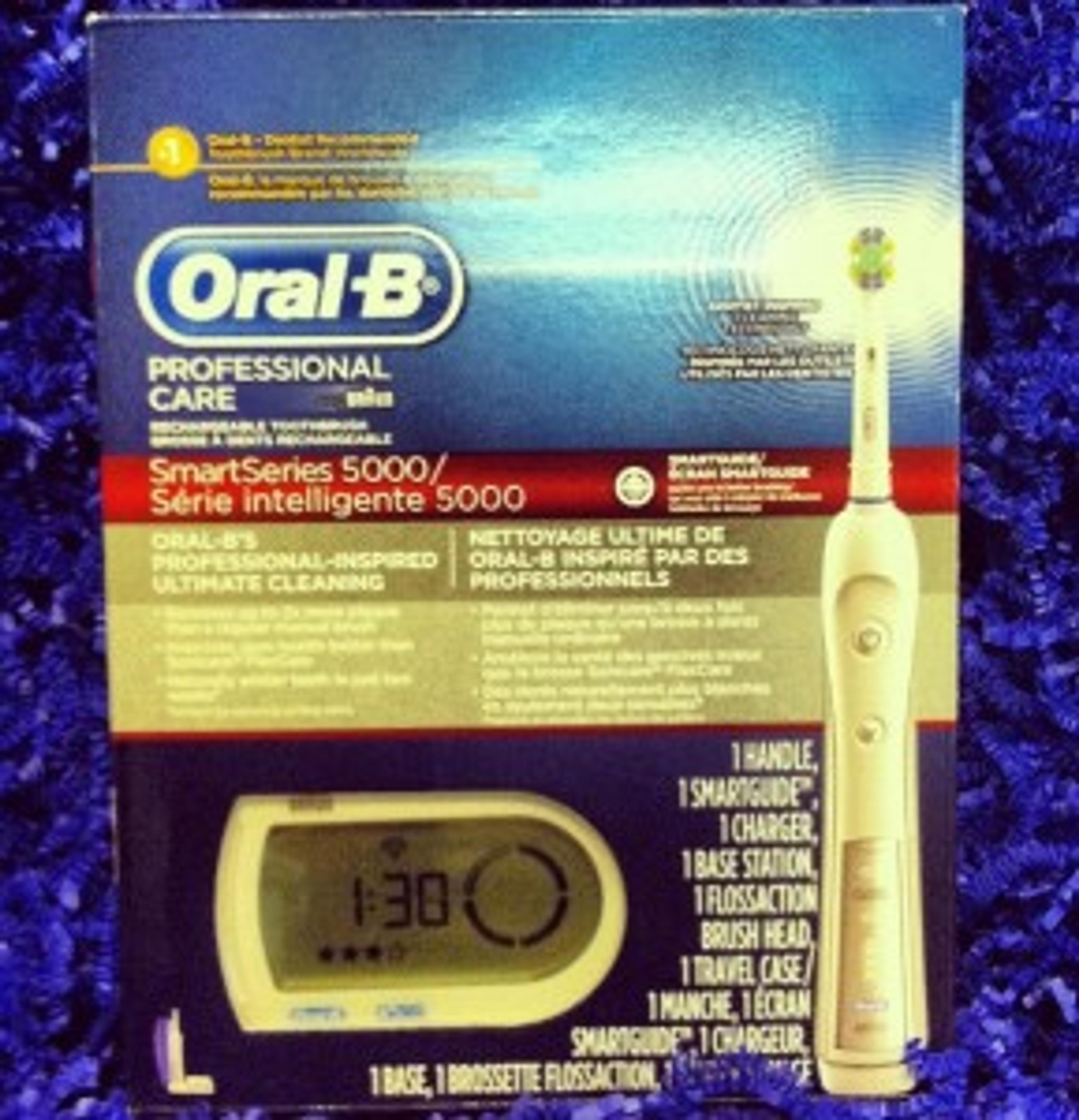Six steps for diabetics to ensure a long-lasting, healthy smile

Dr. Gary Vance
| 3 min read

Diabetes is a defect in the body’s ability to convert glucose to energy, which is our main source of fuel. More than 8.3 percent of the adult population in America has diabetes and the number is increasing every year. Since diabetes can cause problems with nearly every part of your body, it’s important to know how it may affect your oral health.
When diabetes is not controlled properly, high levels of sugar in the saliva help bacteria thrive and if your teeth are not properly maintained through brushing, this bacteria will cause plaque to form. Plaque that is not removed eventually will harden into calcium like deposits or tartar. It is this tartar that causes inflammation and infections in the mouth. Patients with inadequate blood sugar control appear to develop periodontal disease more often and more severely, and they lose more teeth than people who have control of their diabetes. Diabetes reduces the body’s resistance to infection, and the gums are one of the tissues most likely affected by these infections. Proper oral care is one of the steps to take to prevent gum disease. Below are six steps to take to ensure a long-lasting, healthy smile.
- Brush your teeth twice a day and floss once a day to help remove decay-causing plaque that builds up naturally on teeth.
- Control your blood sugar level to prevent high levels of bacteria from forming in the mouth.
- Make sure to visit your dentist twice a year for regular checkups and inform them you have diabetes.
- If you wear them, remove and clean your dentures daily.
- Avoid smoking and excessive alcohol intake, which can raise your blood sugar levels.
- Contact your dentist if you experience any of the following symptoms of gum disease: gums that bleed; gums that have pulled away from the teeth; pus that appears between your teeth and gums; constant bad breath.
If you wish to learn more about the correlation between gum disease and diabetes, please visit the American Dental Association website or speak with your dentist for more information.
You can find more posts on diabetes at AHealthierMichigan.org and be sure to follow us on Twitter and Pinterest, and like us Facebook for tips, challenges and chances to win prizes.
This week we’re giving away an Oral-B Professional Series electric toothbrush to help keep your smile healthy and bright. We only have one to give away, but we’ve partnered with Crest and Oral-B to offer significant discounts on several professional series oral care products. These products, normally offered only through your dentist, are designed to help promote a clean, healthy mouth. Check out these discounts for Blue Dental members today by logging in to Member Secured Services at bcbsm.com to improve your dental and overall health.
Why We’re Celebrating National Diabetes Awareness Month
While researchers are still studying links between gum disease and diabetes, there’s no doubt that taking care of your teeth is critical and scheduling regular checkups can help identify symptoms of diabetes. Blue Dental (SM) and Blue Vision (SM) believe good dental and vision health are just good sense – and can possibly lead to a proper diagnosis of diabetes and a host of other ailments and diseases.





